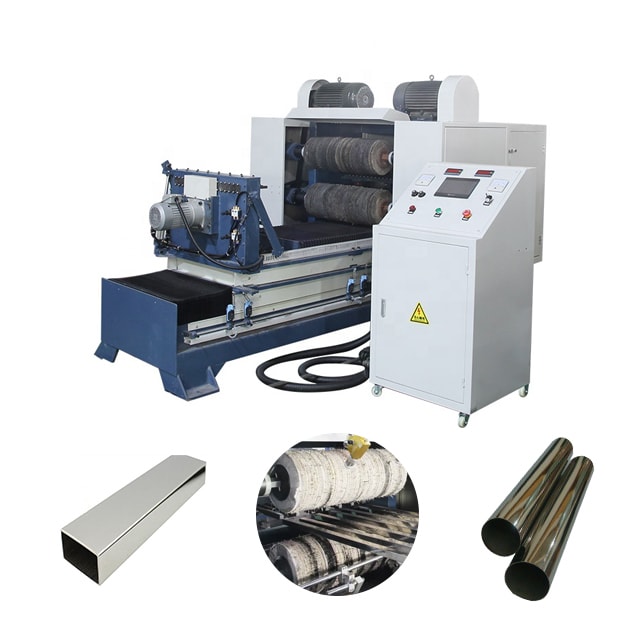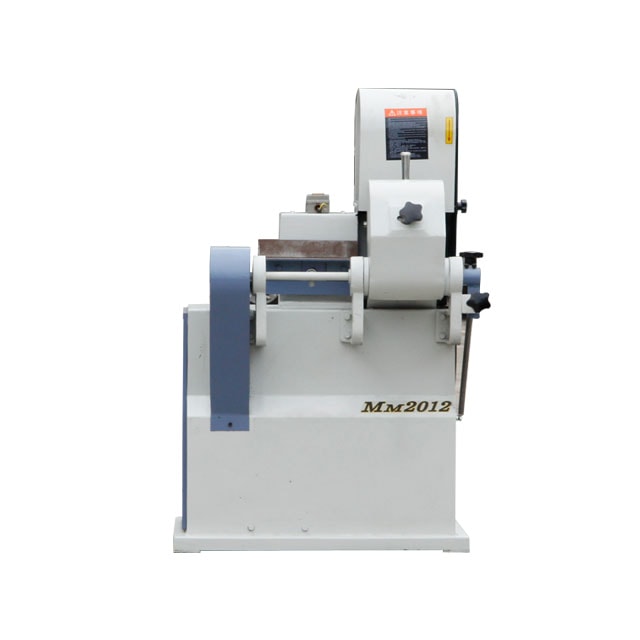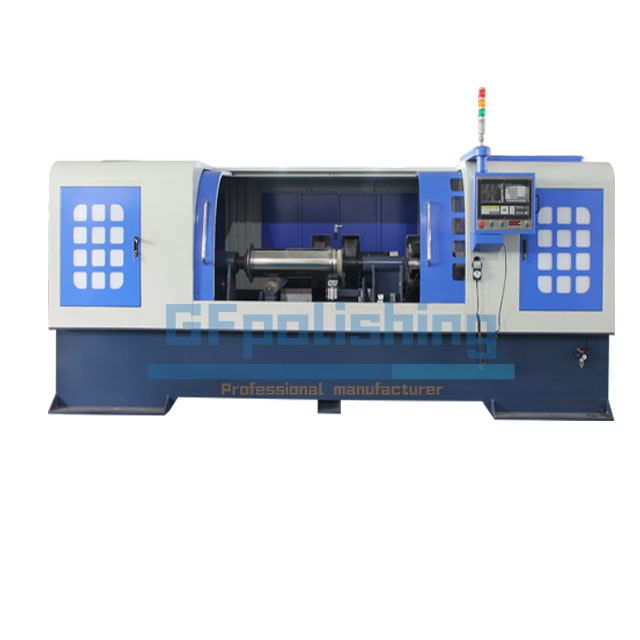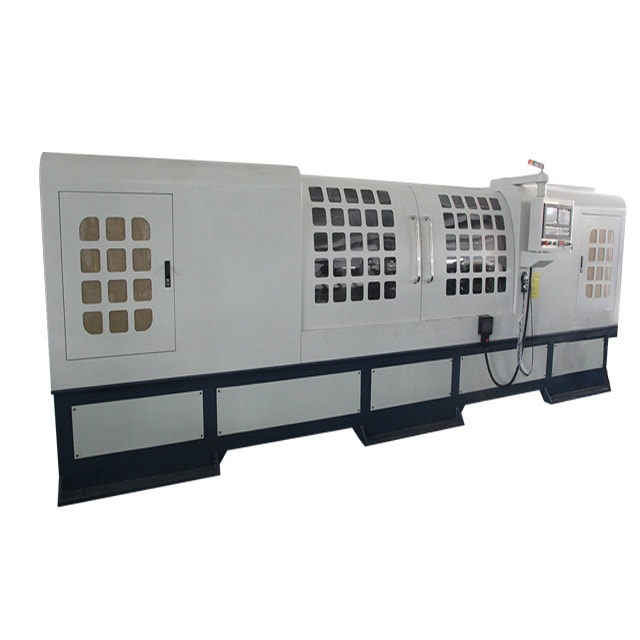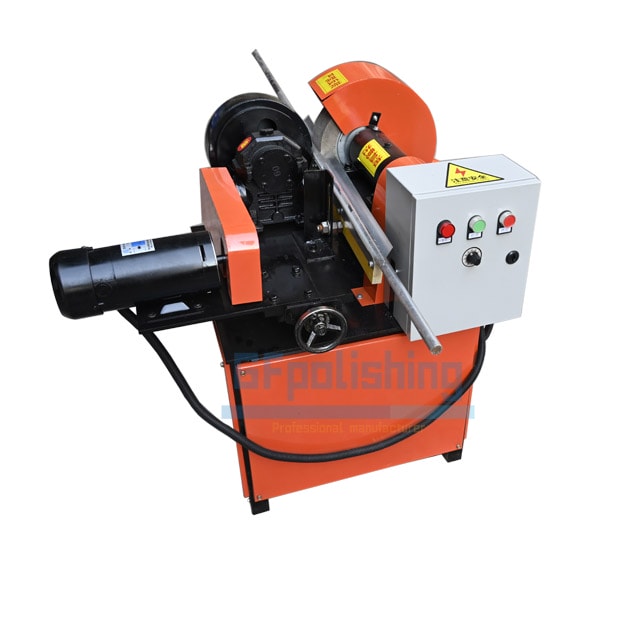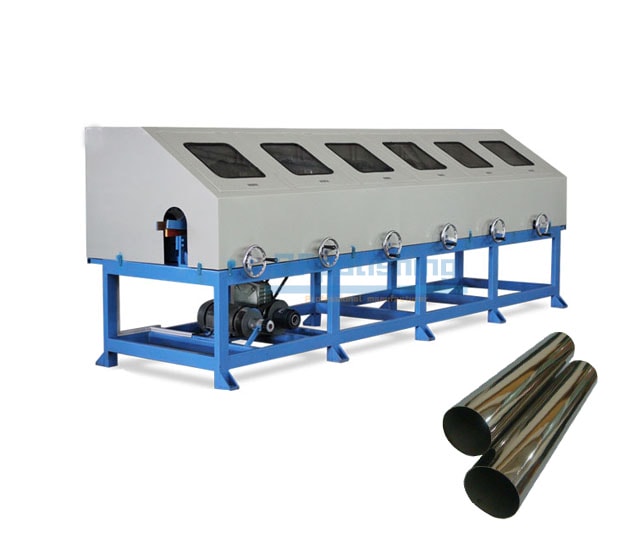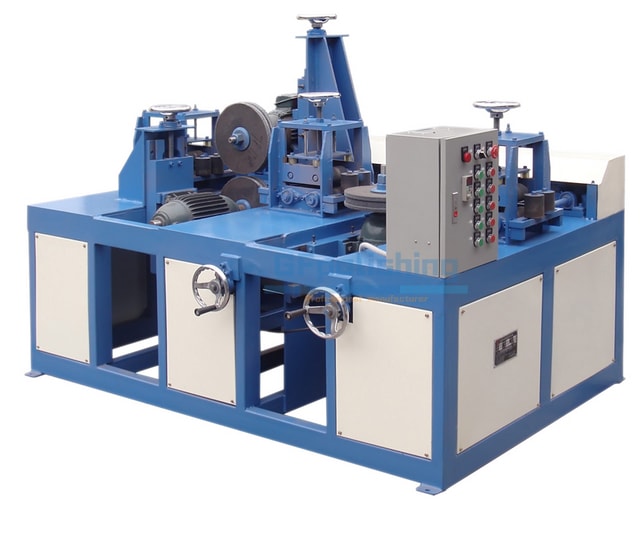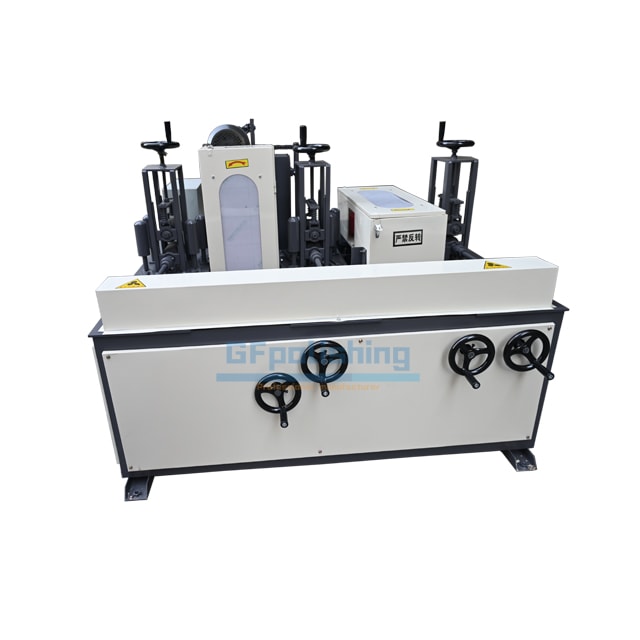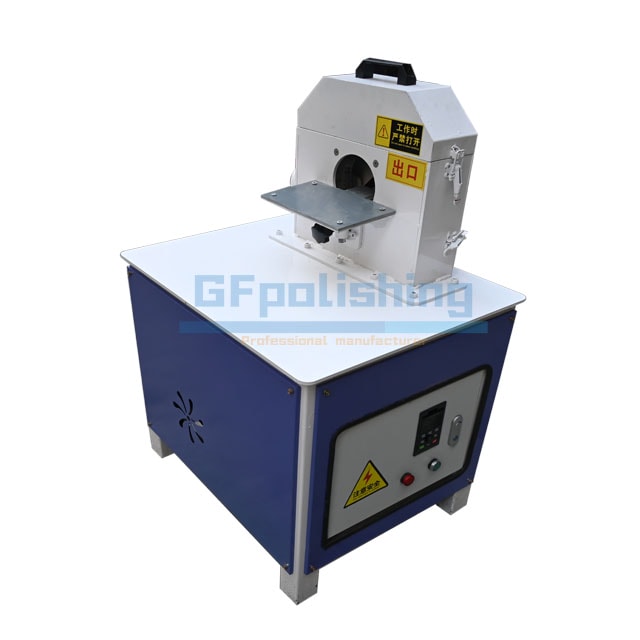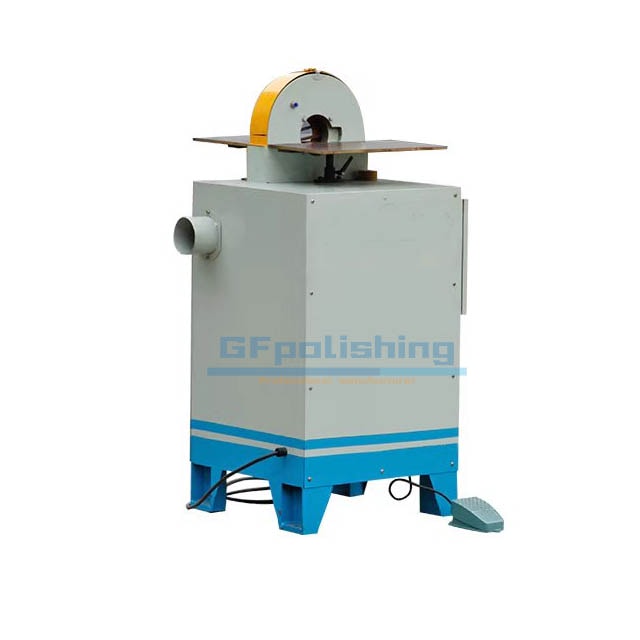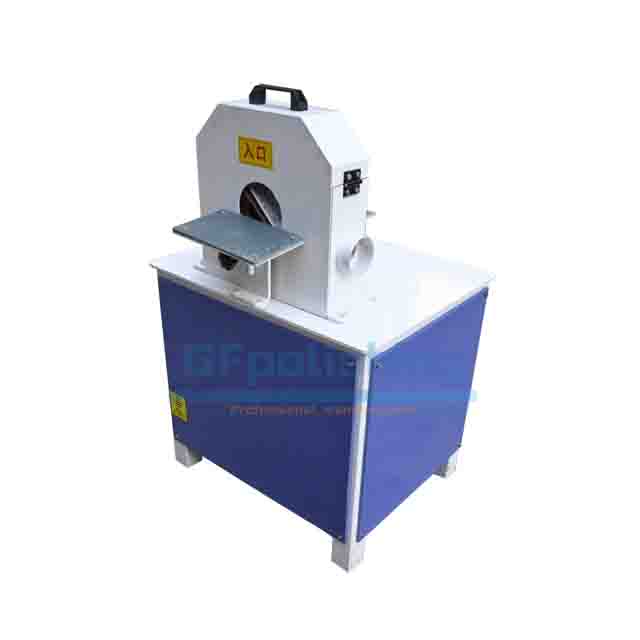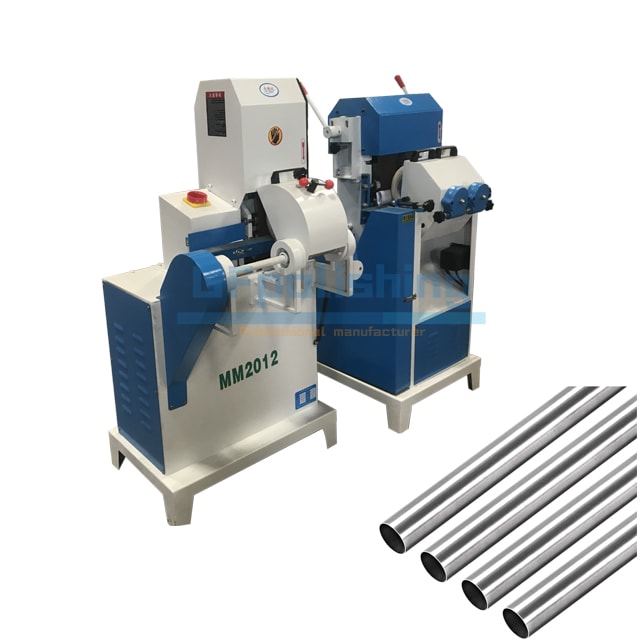Specific workflow involved in using the Round Pipe Polishing Machine
Preparation:
The workflow begins with the preparation of the round metal pipes for polishing.Operators inspect the pipes for any surface imperfections, such as weld seams, burrs, or scratches, and remove any contaminants or debris.
The pipes are then positioned and secured in the feeding mechanism of the polishing machine, ensuring proper alignment and stability for the polishing process.
Initial Polishing Stage:
Once the pipes are properly secured, the polishing machine initiates the first polishing stage.Abrasive belts or polishing wheels, mounted on rotating shafts, come into contact with the surface of the pipes, exerting pressure and friction to remove surface imperfections.
The machine is equipped with adjustable parameters to control the speed, pressure, and direction of the polishing elements, allowing operators to achieve the desired level of surface finish.
Intermediate Inspection
After the initial polishing stage, operators may conduct an intermediate inspection of the pipes to assess the progress of the polishing process.
Any remaining surface imperfections or inconsistencies are identified, and adjustments to machine settings may be made to address specific areas of concern.
Secondary Polishing Stage
Following the intermediate inspection, the polishing machine proceeds to the secondary polishing stage.
Additional passes of the abrasive belts or polishing wheels further refine the surface of the pipes, ensuring a uniform finish and eliminating any remaining imperfections.
Operators closely monitor the polishing process, making real-time adjustments as needed to achieve optimal results.
Final Inspection and Quality Assurance
Once the polishing process is complete, the polished pipes undergo a final inspection and quality assurance assessment.Operators visually inspect the pipes for any defects, scratches, or inconsistencies in the surface finish.
Any pipes that do not meet the required quality standards are reprocessed or undergo additional polishing stages until the desired finish is achieved.
Unloading and Post-Processing
Finally, the polished pipes are unloaded from the machine and prepared for further processing or packaging.
Depending on the specific application, the pipes may undergo additional finishing operations, such as surface treatment, coating, or assembly, before being sent to customers or used in downstream manufacturing processes.











